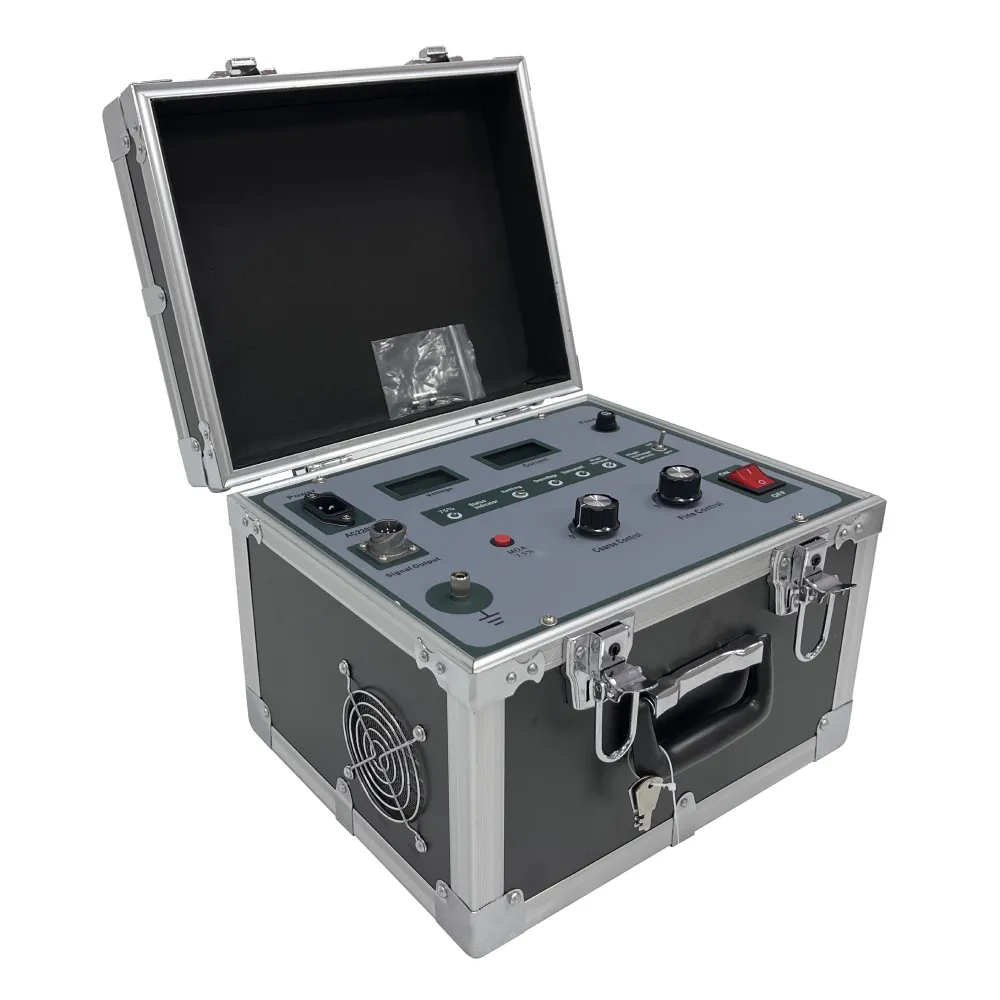 English
English



-
 Afrikaans
Afrikaans -
 Albanian
Albanian -
 Amharic
Amharic -
 Arabic
Arabic -
 Armenian
Armenian -
 Azerbaijani
Azerbaijani -
 Basque
Basque -
 Belarusian
Belarusian -
 Bengali
Bengali -
 Bosnian
Bosnian -
 Bulgarian
Bulgarian -
 Catalan
Catalan -
 Cebuano
Cebuano -
 China
China -
 China (Taiwan)
China (Taiwan) -
 Corsican
Corsican -
 Croatian
Croatian -
 Czech
Czech -
 Danish
Danish -
 Dutch
Dutch -
 English
English -
 Esperanto
Esperanto -
 Estonian
Estonian -
 Finnish
Finnish -
 French
French -
 Frisian
Frisian -
 Galician
Galician -
 Georgian
Georgian -
 German
German -
 Greek
Greek -
 Gujarati
Gujarati -
 Haitian Creole
Haitian Creole -
 hausa
hausa -
 hawaiian
hawaiian -
 Hebrew
Hebrew -
 Hindi
Hindi -
 Miao
Miao -
 Hungarian
Hungarian -
 Icelandic
Icelandic -
 igbo
igbo -
 Indonesian
Indonesian -
 irish
irish -
 Italian
Italian -
 Japanese
Japanese -
 Javanese
Javanese -
 Kannada
Kannada -
 kazakh
kazakh -
 Khmer
Khmer -
 Rwandese
Rwandese -
 Korean
Korean -
 Kurdish
Kurdish -
 Kyrgyz
Kyrgyz -
 Lao
Lao -
 Latin
Latin -
 Latvian
Latvian -
 Lithuanian
Lithuanian -
 Luxembourgish
Luxembourgish -
 Macedonian
Macedonian -
 Malgashi
Malgashi -
 Malay
Malay -
 Malayalam
Malayalam -
 Maltese
Maltese -
 Maori
Maori -
 Marathi
Marathi -
 Mongolian
Mongolian -
 Myanmar
Myanmar -
 Nepali
Nepali -
 Norwegian
Norwegian -
 Norwegian
Norwegian -
 Occitan
Occitan -
 Pashto
Pashto -
 Persian
Persian -
 Polish
Polish -
 Portuguese
Portuguese -
 Punjabi
Punjabi -
 Romanian
Romanian -
 Russian
Russian -
 Samoan
Samoan -
 Scottish Gaelic
Scottish Gaelic -
 Serbian
Serbian -
 Sesotho
Sesotho -
 Shona
Shona -
 Sindhi
Sindhi -
 Sinhala
Sinhala -
 Slovak
Slovak -
 Slovenian
Slovenian -
 Somali
Somali -
 Spanish
Spanish -
 Sundanese
Sundanese -
 Swahili
Swahili -
 Swedish
Swedish -
 Tagalog
Tagalog -
 Tajik
Tajik -
 Tamil
Tamil -
 Tatar
Tatar -
 Telugu
Telugu -
 Thai
Thai -
 Turkish
Turkish -
 Turkmen
Turkmen -
 Ukrainian
Ukrainian -
 Urdu
Urdu -
 Uighur
Uighur -
 Uzbek
Uzbek -
 Vietnamese
Vietnamese -
 Welsh
Welsh -
 Bantu
Bantu -
 Yiddish
Yiddish -
 Yoruba
Yoruba -
 Zulu
Zulu
Testing the Acidity Levels in Transformer Insulating Oils for Performance Evaluation
Understanding the Acidity Test of Transformers
The acidity test of transformers is a crucial assessment in the maintenance and management of transformer oils used in electrical equipment. Transformer oil serves as an insulator and coolant, playing a critical role in ensuring the efficient operation and longevity of the equipment. The quality of transformer oil is paramount, as contaminants and degradation products can significantly affect the performance and safety of the transformer.
Importance of the Acidity Test
Acidity in transformer oil primarily originates from the oxidation and degradation of the oil, which can occur due to exposure to heat and oxygen over time. The accumulation of acidic compounds can lead to the corrosion of transformer components, reducing the lifespan of the equipment and potentially leading to catastrophic failures. Therefore, measuring the acidity of transformer oil is essential for identifying the aging and condition of the oil, providing insights into the operational health of the transformer.
Testing Methodology
The acidity test is typically performed using a standard titration method, where a known volume of transformer oil is treated with a strong base, such as sodium hydroxide (NaOH), to neutralize the acids present in the oil. The endpoint of the titration is determined using a pH indicator or a pH meter. The results are then expressed in terms of milligrams of potassium hydroxide (KOH) per gram of oil, providing an acidity index that reflects the oil's condition.
Interpreting Results
The acidity values obtained from the test can vary based on the type and age of the transformer oil. Generally, a value of less than 0.03 mg KOH/g is considered acceptable for new or well-maintained oils. As the oil ages and accumulates degradation products, the acidity value can increase, indicating the need for maintenance or replacement of the oil. Oils with acidity values exceeding 0.1 mg KOH/g are typically flagged for further evaluation and possible remediation.
acidity test of transformer

Impact of High Acidity
When the acidity level in transformer oil becomes excessively high, it leads to several adverse effects. Firstly, acidic compounds can cause corrosion of metal components within the transformer, including windings and structural parts. This corrosion not only compromises the integrity of the transformer but also increases the risk of electrical faults and failures. Furthermore, the presence of acids can degrade the insulation properties of the oil, posing significant risks associated with electrical breakdowns.
Preventive Measures
To mitigate the risks associated with high acidity levels, regular monitoring of transformer oil is essential. Maintenance schedules should include periodic acidity tests as part of routine preventive maintenance. Additionally, implementing effective filtration and purification technologies can help remove contaminants and breakdown products, thereby prolonging the life of the oil.
One innovative approach is the use of online monitoring systems that continuously assess the quality of transformer oil, including its acidity levels. These systems can provide real-time data, enabling operators to respond promptly to any changes in the condition of the oil and undertake necessary corrective measures.
Conclusion
The acidity test of transformers is a critical tool in ensuring the reliability and longevity of transformer operation. As transformers play a vital role in electrical power systems, regular monitoring of transformer oil quality, including acidity levels, is essential. Through proactive maintenance practices and timely interventions based on acidity test results, operators can significantly enhance the operational life of transformers and avoid costly failures. The acidity test is not merely a technical analysis; it is a cornerstone of effective transformer management that safeguards infrastructure and ensures the reliability of power supply systems.
-
Testing Equipment Industry Sees Major Advancements in 2025: Smart & Precision Technologies Lead the WayNewsJun.06,2025
-
Applications of Direct Current Generators in Renewable Energy SystemsNewsJun.05,2025
-
Hipot Tester Calibration and Accuracy GuidelinesNewsJun.05,2025
-
Digital Circuit Breaker Analyzer Features and BenefitsNewsJun.05,2025
-
Benefits of Real-Time Power Quality Monitoring Devices for Industrial EfficiencyNewsJun.05,2025
-
Earth Fault Loop Testing in High-Rise Building Electrical SystemsNewsJun.05,2025



